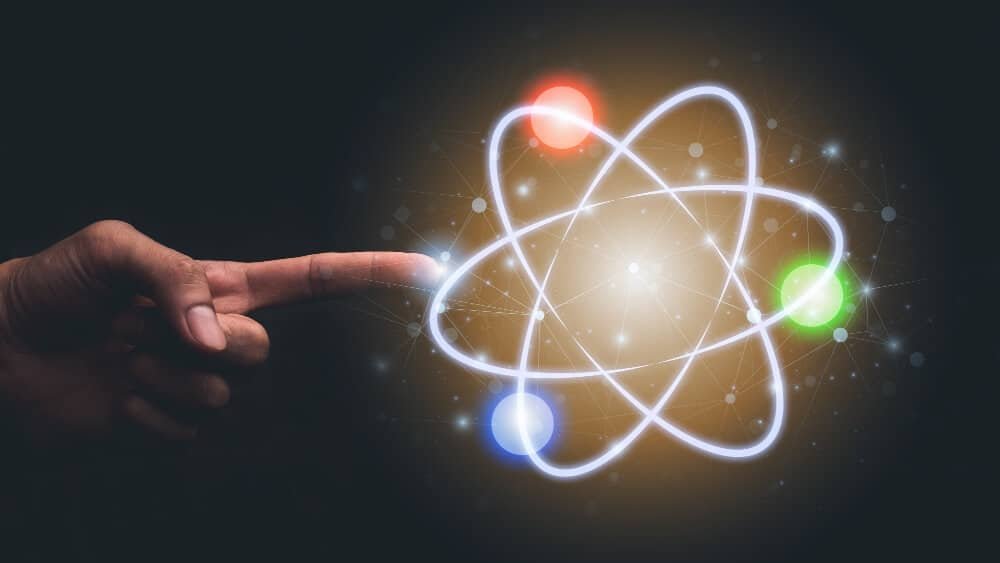Physics can be simply defined as the study of the interactions between energy and living or non-living components. It exhibits a detailed study on how several factors govern interactions of the fundamental constituents of the universe. It can also be described as the study of matter, energy, and motion.
The scope of the study of physical science comprises of the effect of factors like force, gravitational pull, electromagnetism on different objects and is not just confined to their individual behavior. It involves calculation of relative velocity using vector system and the vertical component of objects. Applicative questions pertaining to these topics are often asked. For example, what is the vertical component of the ball’s velocity right before sarah catches it?
The concepts of physical science have been studied in grave details over the past thousands of years and have been the center of major scientific research. Numerous laws have been formulated followed by mathematical derivations and explaining some of the major phenomenon observable to man.
Significant terms related to Physics and what they mean
Physics precisely helps a person to understand the reason behind why a particular object behaves a certain way. Here are some of the major terms originating from this subject that every budding student must be familiar with-
- Velocity and Speed–
A vector quantity, velocity is referred to as the rate at which a particular substance tends to change its position. Hence direction is parameter while calculating the velocity of an object. Speed, on the other hand, simply defines the rate at an object is moving. Since it is not dependent on the direction of movement, speed is a scalar quantity.
- Relative velocity–
Relative velocity can employ when there are two objects in question. It is the vector difference observed between the velocities of two different objects. Relative velocity if the velocity of an object which is moving as compared to another object which is at rest.
- Vector–
A vector is a phenomenon which has two main distinct properties, namely magnitude, and direction. Since velocity has magnitude or measure as well as directional properties, it is a vector quantity and speed are not.
- Vertical component–
The vector of an object can be divided into two distinct parts to calculate its standard direction. The two main components being the horizontal component and the one perpendicular to the horizontal plane or the vertical component. If the vector of an object is (3, 1), where the horizontal component is 3 and 1 is the vertical component.
With the availability of added numeric information, one can answer questions like what is the vertical component of the ball’s velocity right before sarah catches it?
With the evolution of modern science, the concepts of physics have become more pronounced in disciplines like chemistry, biochemistry, geology, astronomy, and engineering. All of these disciplines are largely dependent on the laws of physics. Each of these streams derives its core essence somehow or the other from the concepts of physics.
Hence it can be said, without a shred of doubt that having a firm concept of physics cannot be compromised with when it comes to pursuing pure science and any derived discipline.


